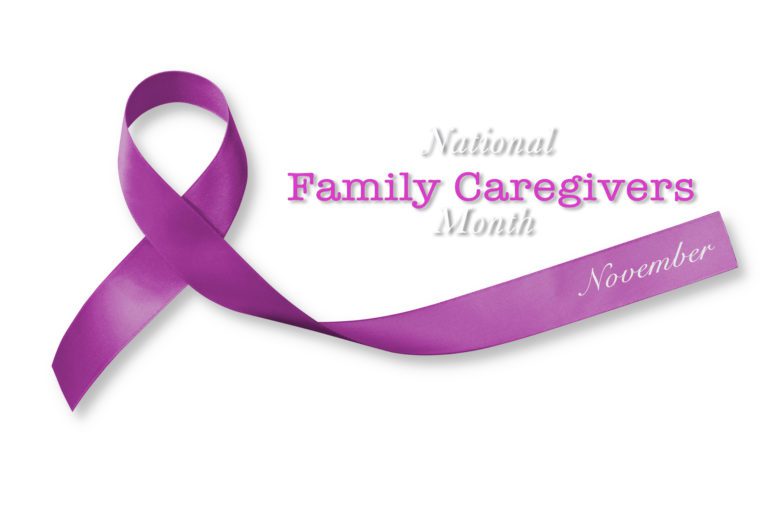As our loved ones age, it’s natural to notice changes in their memory and cognitive abilities. While occasional forgetfulness is common, progressive memory loss and behavioral changes can indicate a more serious condition, such as Alzheimer’s disease or dementia. When these challenges start affecting daily life, it may be time to consider professional memory care.
If you’re in Greenville and wondering whether your loved one needs specialized care, this guide will help you recognize the key signs and understand the benefits of professional memory care services.
What Is Memory Care?
Memory care is a specialized form of long-term care designed to support individuals with Alzheimer’s, dementia, and other cognitive impairments. These facilities provide a structured and secure environment, personalized care plans, and trained staff to help residents maintain their quality of life while ensuring their safety.
Memory care communities differ from traditional assisted living by offering additional services tailored to cognitive health, such as:
- Structured routines to reduce confusion and anxiety
- 24/7 supervision for safety
- Cognitive therapy and stimulation activities
- Assistance with daily tasks such as bathing, dressing, and medication management
- Secure environments to prevent wandering
Understanding the signs that indicate a need for professional memory care is crucial for ensuring the well-being of your loved one.
Key Signs It’s Time for Professional Memory Care
1. Persistent Memory Loss and Confusion
Occasional forgetfulness is a normal part of aging, but consistent and severe memory lapses can be a warning sign of dementia. If your loved one:
- Frequently forgets important dates or names
- Repeats questions within short time frames
- Struggles to remember familiar places or how to complete daily tasks
- Has difficulty recognizing family members or close friends
It may be time to seek specialized memory care.
2. Difficulty Performing Daily Activities
As cognitive decline progresses, everyday tasks can become increasingly challenging. If your loved one is struggling with:
- Preparing meals or forgetting to eat
- Managing medications, leading to missed doses or overdosing
- Keeping up with personal hygiene, such as bathing and dressing
- Handling household chores like cleaning and laundry
Memory care services provide structured support to help with these essential tasks while maintaining dignity and independence.
3. Increased Wandering and Getting Lost
Wandering is a common and dangerous symptom of dementia. If your loved one has:
- Attempted to leave home unexpectedly
- Gotten lost in familiar surroundings
- Struggled to find their way back home from routine trips
A secure memory care facility can provide a safe environment with measures to prevent wandering and ensure their safety.
4. Behavioral and Mood Changes
Dementia and Alzheimer’s often cause noticeable changes in behavior, such as:
- Increased agitation, aggression, or paranoia
- Depression and withdrawal from social interactions
- Unusual mood swings, from extreme sadness to frustration
- Hallucinations or delusions
Professional memory care facilities have trained staff who specialize in handling these behaviors with patience and care.
5. Neglecting Personal Hygiene
Poor hygiene is a common sign of cognitive decline. If your loved one is:
- Wearing the same clothes for days
- Forgetting to brush their teeth or comb their hair
- Avoiding bathing or showering
Memory care communities provide assistance with personal care to ensure that residents maintain proper hygiene and overall well-being.
6. Sudden Weight Loss and Poor Nutrition
Dementia can make it difficult for individuals to remember to eat, recognize hunger cues, or prepare meals. Warning signs include:
- Noticeable weight loss
- Expired or spoiled food left uneaten
- Unhealthy eating habits, such as skipping meals or overeating
Memory care facilities offer nutritious meals tailored to dietary needs, ensuring proper nutrition and hydration.
Learn More: The Importance of Early Detection in Alzheimer’s and Memory Care
7. Increased Safety Risks at Home
If your loved one has experienced frequent accidents, such as:
- Leaving appliances on, creating fire hazards
- Falling due to mobility issues
- Forgetting to lock doors or secure windows
- Misplacing dangerous objects
It may be time to move them to a secure environment where they can receive 24/7 supervision and assistance.
8. Social Isolation and Withdrawal
Cognitive decline can lead to withdrawal from social activities and relationships. If your loved one is:
- Avoiding family gatherings or social interactions
- Struggling to engage in conversations
- No longer interested in hobbies they once loved
Memory care communities provide structured activities and social engagement programs to keep residents active and connected.
The Benefits of Professional Memory Care
1. Specialized and Compassionate Care
Memory care staff are trained in handling the unique challenges of dementia and Alzheimer’s. They use proven techniques to manage symptoms while providing emotional support and companionship.
2. Safe and Secure Environment
Facilities are designed to minimize risks, with secured areas, emergency call systems, and safety protocols to prevent wandering and accidents.
3. Engaging Cognitive Stimulation Programs
Memory care programs include:
- Music and art therapy
- Brain games and puzzles
- Physical activities like yoga and walking groups
- Reminiscence therapy to strengthen memory
These activities help slow cognitive decline and improve overall well-being.
4. Support for Family Members
Caring for a loved one with dementia can be overwhelming. Memory care facilities provide family support through counseling, educational resources, and regular updates on your loved one’s condition.
Learn More: Preventing Cognitive Decline: Brain Health Tips for Greenville Seniors
Choosing the Right Memory Care Facility in Greenville
When selecting a memory care community, consider the following factors:
- Staff Training and Experience – Are caregivers certified in dementia care?
- Safety Measures – Are there secure areas to prevent wandering?
- Personalized Care Plans – Is care tailored to individual needs?
- Engaging Activities – Does the facility offer programs that stimulate cognitive function?
- Family Involvement – Are family visits and updates encouraged?
From The Heart Home Care: Providing Compassionate Memory Care in Greenville
At From The Heart Home Care, we understand the unique challenges that come with memory-related conditions. Our team provides compassionate and personalized care to ensure your loved one’s safety, comfort, and well-being. We offer:
- 24/7 professional support
- Structured daily routines to reduce confusion
- Safe and secure living environments
- Engaging social and cognitive activities
If you notice these signs in your loved one, don’t wait to seek professional care. Contact From The Heart Home Care today to learn more about our memory care services and how we can support your family during this transition.






